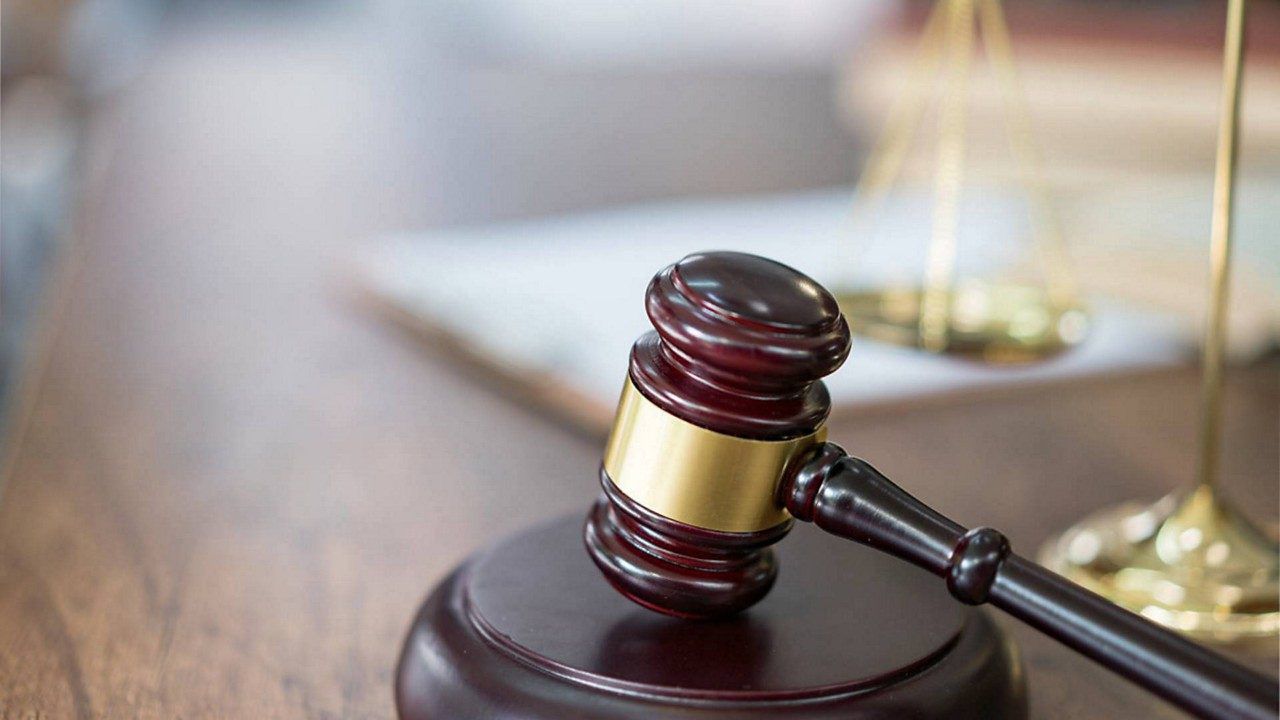OHIO — In 2022, Ohio State Highway Patrol (OSHP) officers and staff members went with Gov. Mike DeWine to the 2022 Super Bowl in Los Angeles.
In a 4-3 decision. the Ohio Supreme Court has denied the Cincinnati Enquirer’s request to require the department to make public records related to the travel and expenses of these public servants for this event.
The records had been originally denied as they had been considered “security records,” and the state’s high court majority opinion agreed with this logic.
“According to the department, releasing ‘records containing information about the governor’s security detail would reveal patterns, techniques, or information relevant to the size, scope, or nature of the security and protection provided to the Governor [and] could be used to attack, interfere, or sabotage the governor or his security detail,’” the slip opinion reads.
The court’s opinion found that those records do fall within “statutory exemption,” which is why they denied the newspaper’s request for a writ of mandamus, which could have compelled the department to make available those records.
“The department argues that under Plunderbund…the past use of information contained in a record is sufficient to trigger the security-records exemption when the evidence confirms that the agency will continue to make use of that information in the future,” the slip opinion reads. “We agree.”
In testimony, a witness for the department said releasing these records could lead to “substantial risk to the governor’s safety.”
“Accordingly, we hold that the department met its burden to show that the requested records are exempt from public disclosure as security records…” the opinion reads.
The court did not lend credence to the newspaper’s arguments for making these records public, saying they lacked merit.
The first of these arguments was that these this information should not be classified as “security records.”
The second was that these records should no longer be considered exempt, considering the “security detail’s deployment for the Super Bowl trip was completed at the time of Bischoff’s records request and that the requested records related to a one-time, unique assignment and are no longer directly used for security.”
The court disagreed, based on testimony from a Highway Patrol staff lieutenant, that even though security arrangement may be unique to a given situation, the “security detail will incorporate some of the same security protocols that were incorporated into the Super Bowl trip.”
And finally, the newspaper argued that the department could have released redacted versions of the records. The court opinion responded that a security record is not considered a public record and is “not subject to mandatory release or disclosure under that section.”
In a dissenting opinion, Justice Michael P. Donnelly said the records “do not fit clearly and squarely into” what is considered a “security record.”
He notes that security concerns can arise from the release of any public records but that he does not believe the department is using expense records for security purposes.
“Although there was testimony suggesting that information about past security procedures could be used in planning and training for future events, there was no suggestion that the information in these records (basically, a collection of receipts) will be used for security training — and it is pretty hard to imagine how they could be used in that way,” Donnelly wrote in his dissent.
He disagrees with the majority opinion, saying these records should not be exempt.
“The security interests ostensibly at stake in this case are de minimus in general, let alone when weighed against the people’s right to know how much public money was spent while the governor was in California to watch the Super Bowl,” he wrote.
The majority opinion consisted of Chief Justice Sharon Kennedy, justices Patrick Fischer and Joseph Deters. The majority was also joined by Tenth District Court of Appeals Judge Betsy Luper Schuster, who was sitting in for Justice R. Patrick DeWine.
Donnelly’s dissenting opinion was joined by justices Melody Stewart and Jennifer Brunner.



